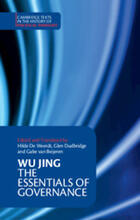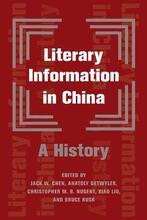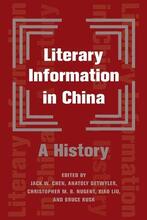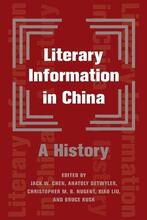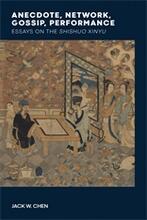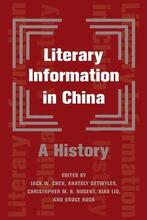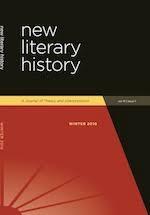Publications
2022
2021
In the eighth century, Wu Jing selected exchanges between Emperor Taizong and his ministers that he deemed key to good governance. This collection of dialogues has been used for the education of emperors, political elites and general readers ever since, and is a standard reference work in East Asian political thought. Consisting of ten volumes, subdivided into forty topics, The Essentials of Governance addresses core themes of Chinese thinking about the politics of power, from the body politic, presenting and receiving criticism, recruitment, the education of the imperial clan, political virtues and vices, to cultural policy, agriculture, law, taxation, border policy, and how to avoid disaster and dynastic fall. Presented with introductory commentary that offers insights into its historical context and global reception, this accessible and reliable translation brings together ten scholars of Chinese intellectual history to offer a nuanced edition that preserves the organisation, tone and flow of the original.
Anecdote, Network, Gossip, Performance is a study of the Shishuo xinyu, the most important anecdotal collection of medieval China—and arguably of the entire traditional era. In a set of interconnected essays, Jack W. Chen offers new readings of the Shishuo xinyu that draw upon social network analysis, performance studies, theories of ritual and mourning, and concepts of gossip and reputation to illuminate how the anecdotes of the collection imagine and represent a political and cultural elite. Whereas most accounts of the Shishuo have taken a historical approach, Chen argues that the work should be understood in literary terms. At its center, Anecdote, Network, Gossip, Performance is an extended meditation on the very nature of the anecdote form, both what the anecdote affords in terms of representing a social community and how it provides a space for the rehearsal of certain longstanding philosophical and cultural arguments. Although each of the chapters may be read separately as an essay in its own right, when taken together, they present a comprehensive account of the Shishuo in all of its literary complexity.
“Information” has become a core concept across the disciplines, yet it is still often seen as a unique feature of the Western world that became central only in the digital age. In this book, leading experts turn to China’s textual tradition to show the significance of information for reconceptualizing the work of literary history, from its beginnings to the present moment.Contributors trace the organization of literary information across China’s three millennia of history, examining the forms and practices of information management that have evolved alongside the increasing scale and complexity of textual production. They reimagine literary history as information processing, detailing the many kinds of storage, encoding, sorting, and transmission that constitute and feed back into China’s long and ever-growing cultural tradition. The volume features state-of-the-field essays on all major forms of literary information management, from graphs to internet literature, and from commentaries to literary museums and archives. By shifting focus from individual works and their authors to the informatic schemata of literature, it identifies three scales of information management—the word, the document, and the collection—and surveys the forms that operate at each level, such as the dictionary, the anthology, and the library.Literary Information in China is a groundbreaking work that provides a systematic and innovative reassessment of literary history with implications that extend beyond the particular Chinese context, revealing how informatic practices shape literary tradition.
2020
Although there is no explicit concept of fictionality in early and medieval China, one can find expressions of what might be identified as fiction across various genres, including philosophical writing, poetry, and semi-or pseudo-historical narrative tales. Allen and Chen argue that fictionality need not be articulated as such in order to be present, and that readers in early and medieval China could recognize and enjoy the indeterminacy that marked fictional discourse.
2019
The present paper addresses the problem of literary history as a problem of data comprehensiveness and selection, seeking not to resolve the impossibility of literary historical narrative, but to reframe it through a computational perspective. Our focus is on the Quan Tang shi 全唐詩 (Complete Tang poetry), the massive comprehensive anthology of Tang poetry that was produced at the height of the Qing dynasty (1644–1912). The sheer quantity of Tang poetry preserved in the Quan Tang shi (over 50,000 poems and poem fragments) exceeds the human-scale perspectives of close reading. To make sense of the corpus as a whole, we will show how two related forms of distant reading — topic modeling and divergence measures — allow us to reframe and rethink these literary historical questions and provide a new perspective on what it means to read Tang poetry.
